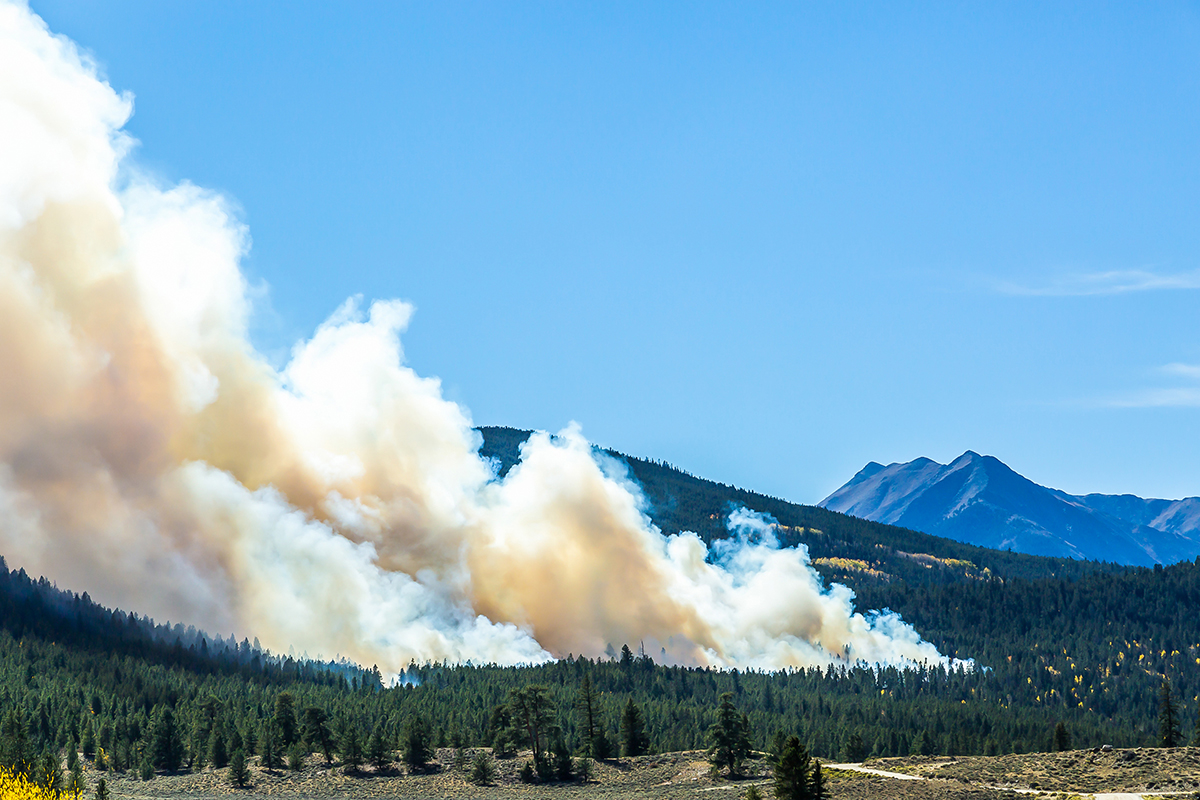Health Capsule
Weather Extremes and Your Health

Weather affects where we live, what we do, and when we can do it. It can also impact our health. Temperature extremes, hot or cold, can harm our bodies in different ways. Harsh conditions and storms may lead to other health dangers, too.
Over the last few years, wildfires began increasing in frequency and size. Smoke from wildfires contains a mix of complex chemicals, and exposure can cause breathing problems. This hazardous smoke can travel long distances from where a wildfire starts. And when fires reach areas where people live, various other chemicals often enter the mix.
Children are especially vulnerable to wildfire smoke. Studies have shown that kids exposed to higher levels of air pollution have reduced lung function and growth. These issues can lead to other problems, like asthma or lung disease, later in life. Because kids are still growing and developing, their bodies are also more vulnerable to the effects of toxins.
There is plenty you can do to reduce the risks of smoke exposure. Check air quality reports daily at AirNow.gov. Keep your windows closed on bad air days. You may want to consider air filters and purifiers to limit your exposure indoors. If you need to be outdoors when air quality is poor, consider wearing a medical or surgical mask. Learn more about weather extremes.
NIH Office of Communications and Public Liaison
Health and Science Publications Branch
Building 31, Room 5B52
Bethesda, MD 20892-2094
Contact Us:
nihnewsinhealth@od.nih.gov
Phone: 301-451-8224
Share Our Materials: Reprint our articles and illustrations in your own publication. Our material is not copyrighted. Please acknowledge NIH News in Health as the source and send us a copy.
For more consumer health news and information, visit health.nih.gov.
For wellness toolkits, visit www.nih.gov/wellnesstoolkits.




